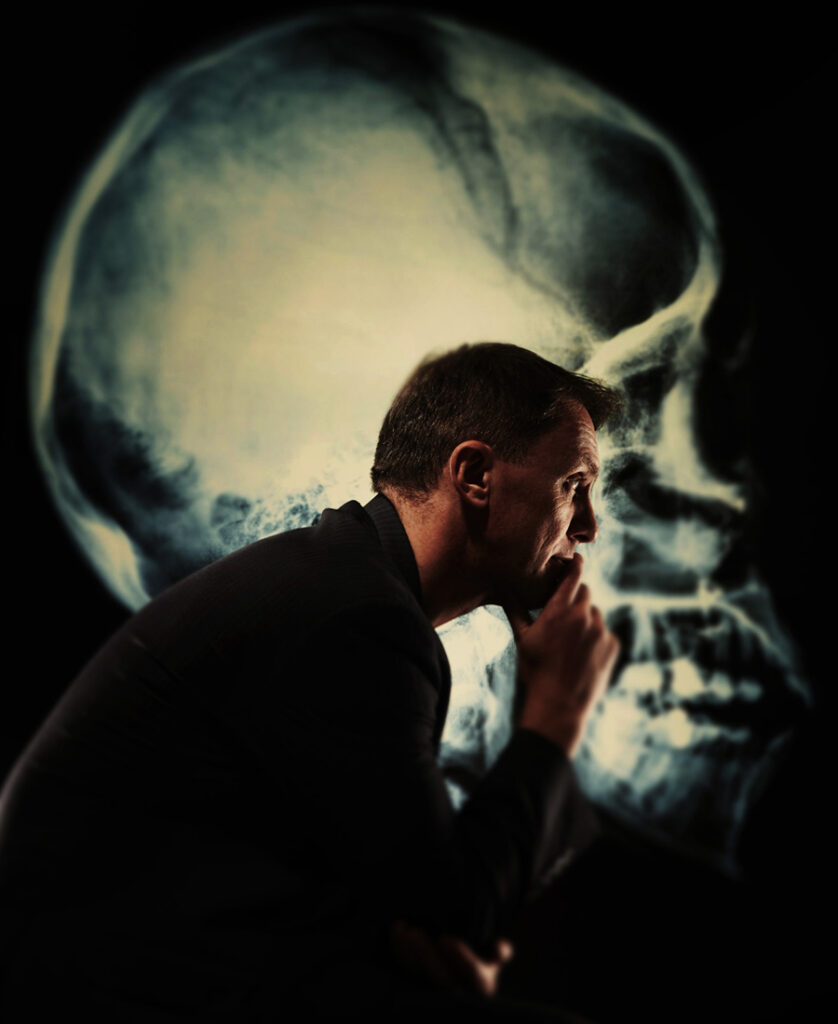Friday, 28th June 2019

As a young doctor, Simon found himself a fierce sparring partner in the form of Parkinson’s disease.
He visited hundreds of people with Parkinson’s in their own homes, in their own environment. This gave him privileged insight into their disease in a way that’s not traditionally available to doctors when patients come to see them in the clinic. He learnt about the things that affect them and their caregivers the most, and all their little quirks and adjustments. With a thorough knowledge of Parkinson’s from the source, Dr Lewis had sized up his opponent. Filled with enthusiasm he was transformed from “a rebel without a clue into a rebel with a cause”.
He discovered that for these people, it’s now or never and he fights the disease on as many fronts as he can.
It is this enthusiasm that Simon instils in his team of “bright young things” who work together, under his supervision and leadership at the Parkinson’s Disease Research Clinic to do research that leads to direct good for patients. Professor Lewis’ research is aiming to explain the symptoms that affect people most. Specifically, what’s causing these problems and what we can do about them to have an impact now and improve the quality of life both for people living with and around Parkinson’s disease. Yes. the team also does a lot of research into caregivers who support their loved ones.
While many intelligent minds are working hard on finding a cure, putting together tiny pieces of the puzzle with the most modern and advanced techniques in molecular biology, Simon decided he would do his bit in the collective fight by helping patients now, with a focus on research into improving their quality of life with Parkinson’s. The team looks at symptoms like freezing of gait, hallucinations, cognitive changes and mood and sleep disorders, along with the effect on caregivers and what kinds of support they need. The team looks into what causes these symptoms and by understanding them, they are developing new strategies, technologies and therapies to overcome them. In addition, through the Brain Donor Program, Simon captures precious information about the disease from the brains of donors who he passes on to other researchers who work with him and contribute to the global search for a cure.
As a doctor and a researcher, Simon sees many patients and you may think of his work as a physician as separate and divided from his work as a researcher but that’s not always the case for Professor Lewis.
Professor Simon Lewis is the National Trials Manager for the Linked Clinical Trials program into repurposed drugs which is due to commence later this year. Learn more about this exciting initiative.